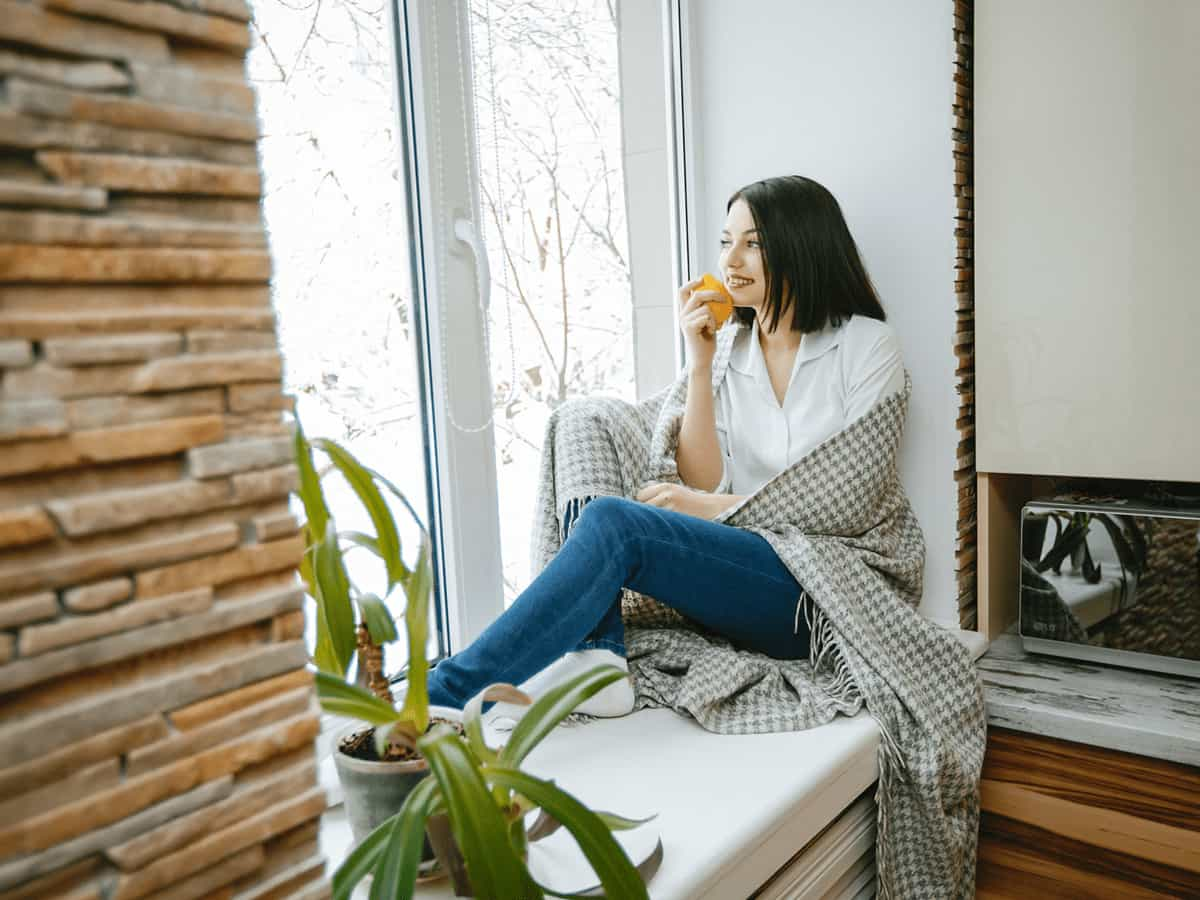Why Choose uPVC Casement Windows?
uPVC (Unplasticized Polyvinyl Chloride) casement windows have become a popular choice for homeowners and property developers alike due to their durability, low maintenance, and energy efficiency. Unlike traditional materials, uPVC is resistant to weathering, rot, and corrosion, making it an ideal choice for windows exposed to various environmental conditions. It offers superior insulation properties, helping to maintain interior temperatures and reduce energy bills year-round. Furthermore, uPVC windows are customizable in color and finish, allowing them to seamlessly blend with a range of architectural styles.
Key Features
1. Glazing Options for Energy Efficiency and Comfort
- Single Glazed: Suitable for mild climates and areas where insulation needs are minimal, single-glazed uPVC windows offer basic protection from external weather conditions. However, they may not provide optimal thermal efficiency.
- Double Glazed: Featuring two layers of glass separated by a layer of gas or air, double-glazed uPVC windows enhance insulation, reduce noise, and improve energy efficiency. Ideal for temperate regions, they help maintain consistent indoor temperatures.
- Triple Glazed: Offering an additional layer of glass and insulation, triple-glazed windows are best suited for colder climates. They provide maximum thermal insulation, noise reduction, and durability, making them a premium choice for energy-conscious homeowners.
2. uPVC Windows with and Without Grills


- Windows with Grills: uPVC windows with grills provide an added layer of security while enhancing the aesthetic appeal of the windows. Grills are often chosen for ground-floor windows or properties requiring added security features.
- Windows without Grills: Preferred for modern, minimalistic designs, uPVC casement windows without grills offer a sleek appearance and unobstructed views. They are typically chosen for upper floors or areas where security concerns are minimal.
3. Weather Resistance and Insulation
uPVC is highly resistant to weather damage, ensuring that your windows do not warp, fade, or corrode even in harsh climates. uPVC windows provide excellent thermal and acoustic insulation, reducing noise and improving energy efficiency within the home.
Suitable Climates
uPVC windows perform optimally in various climates but are especially advantageous in environments with frequent weather changes. They resist moisture, heat, and UV radiation, making them ideal for tropical, temperate, and humid regions. However, in extremely cold climates, the insulation capabilities of uPVC might benefit from double or triple glazing for optimal thermal efficiency.
Unsuitable Climates
In locations with extreme temperatures, such as consistently high heat or freezing temperatures, additional reinforcements or alternative materials may be recommended for structural integrity and maximum efficiency.
Ideal Locations
- Living Rooms and Bedrooms: uPVC casement windows are ideal for living rooms and bedrooms as they allow abundant natural light, provide excellent ventilation, and reduce external noise.
- Bathrooms and Kitchens: Due to their moisture-resistant properties, uPVC windows are a great choice for bathrooms and kitchens, where humidity levels are often high.
- Ground-Floor Areas: With options for grills, uPVC windows offer added security, making them suitable for ground-floor installations where accessibility may be a concern.
Precautions for Ground-Floor
When installing uPVC casement windows on the ground floor, it is essential to prioritize security and durability. We recommend choosing reinforced frames and grills to prevent unauthorized access. Additionally, consider tempered or laminated glass for improved safety. Regularly inspect and maintain locking mechanisms to ensure they are fully functional, especially in high-traffic areas.
Want to know how long uPVC windows last?
How to Order
Step 1: Define Your Specifications
- Measure the window area carefully, noting height, width, and preferred frame color.
- Decide on the type of glazing (single, double, or triple) based on your climate and energy requirements.
- Select additional features like grills, colors, and finishes that suit your design preferences.
Step 2: Consult with a Supplier
- Reach out to reputable uPVC window suppliers with your specifications.
- Discuss customization options and installation services.
- Request a quote and inquire about warranties, especially for glazing and frame longevity.
Step 3: Place Your Order and Schedule Installation
- Once you have confirmed the details and budget, place your order with the supplier.
- Schedule installation with a certified professional to ensure a precise and secure fit for optimal performance.
uPVC casement windows are an outstanding choice for homeowners seeking durable, energy-efficient, and aesthetically versatile window solutions. With various glazing options and customizable features like grills and finishes, they offer flexibility and adaptability across climates. By understanding their key features and following the proper installation steps, you can enjoy the long-term benefits of these resilient, low-maintenance windows.

